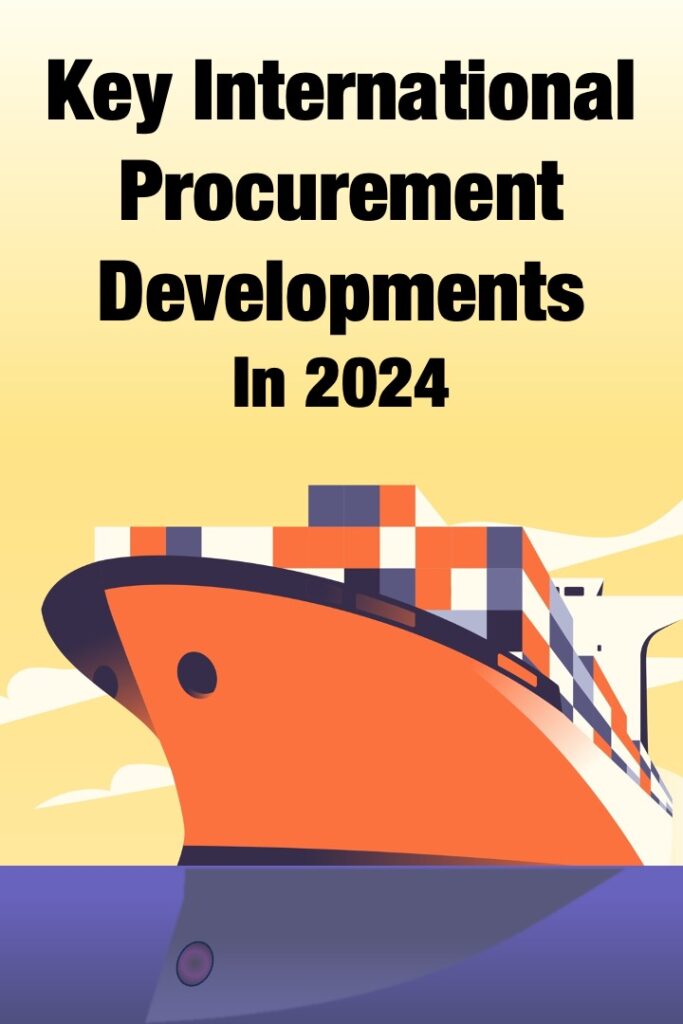
In 2024, major trading partners focused more on protecting domestic procurement interests than opening new procurement markets. That is the conclusion of a new Briefing Paper, Key International Procurement Developments in 2024, published by Thomson Reuters in January.
Highlights from 2024 included:
WTO Government Procurement Agreement (GPA): The GPA parties produced the first results of work programs adopted a decade ago—a report on best practices for promoting and facilitating the participation of small- and medium-sized enterprises in government procurement. Although the GPA did not add any new parties in 2024, Albania and Costa Rica are poised to enter the agreement in 2025.
Comprehensive And Progressive Trans-Pacific Partnership (CPTPP): The CPTPP parties added the United Kingdom as the agreement's 12th signatory and opened accession negotiations with Costa Rica.
European Union: The EU implemented a free trade agreement (FTA) with New Zealand and reached a political agreement on an updated partnership agreement with South American countries. A top EU court ruling restricts the rights of suppliers from third countries to equal treatment in EU procurement. The European Commission initiated a review of its procurement directives that is expected to lead to European procurement preferences. It concluded an investigation under the International Procurement Initiative, finding that China is limiting EU suppliers’ access to its procurement of medical devices. As a result, the could exclude China’s bidders from or restrict their access to its procurement.
United States: Continuing its protection of domestic procurement, the Biden administration took final actions to implement its Made in America policy, including the rescission of a 1983 waiver that allowed the use of foreign manufactured products in federally funded highway projects. It also proposed (but did not finalize) a substantial reduction of products that can be procured from foreign sources without a waiver as generally non-available products. An administration report showed the low level of procurement of goods from foreign partners under the GPA and FTAs.
Canada: Canada made reciprocity the centerpiece of its federal procurement in plans to move from an open procurement system to one restricting access to countries that do not provide comparable opportunities for its suppliers.
China: The WTO’s review of China’s trade policies included criticism of its procurement practices and concerns with its unfinished negotiations to join the GPA, which began 17 years ago. China proposed standards for domestic products, which have long been sought by foreign firms.
Sustainable Procurement Measures: Several measures relating to sustainability in government procurement, such as the US-EU Best Practices for Green Public Procurement and a US sustainable procurement rule.
The briefing paper also provides Guidelines to assist suppliers in understanding the potential impact of the 2024 developments on their participation in government procurement.
Jean Heilman Grier
February 5, 2025

